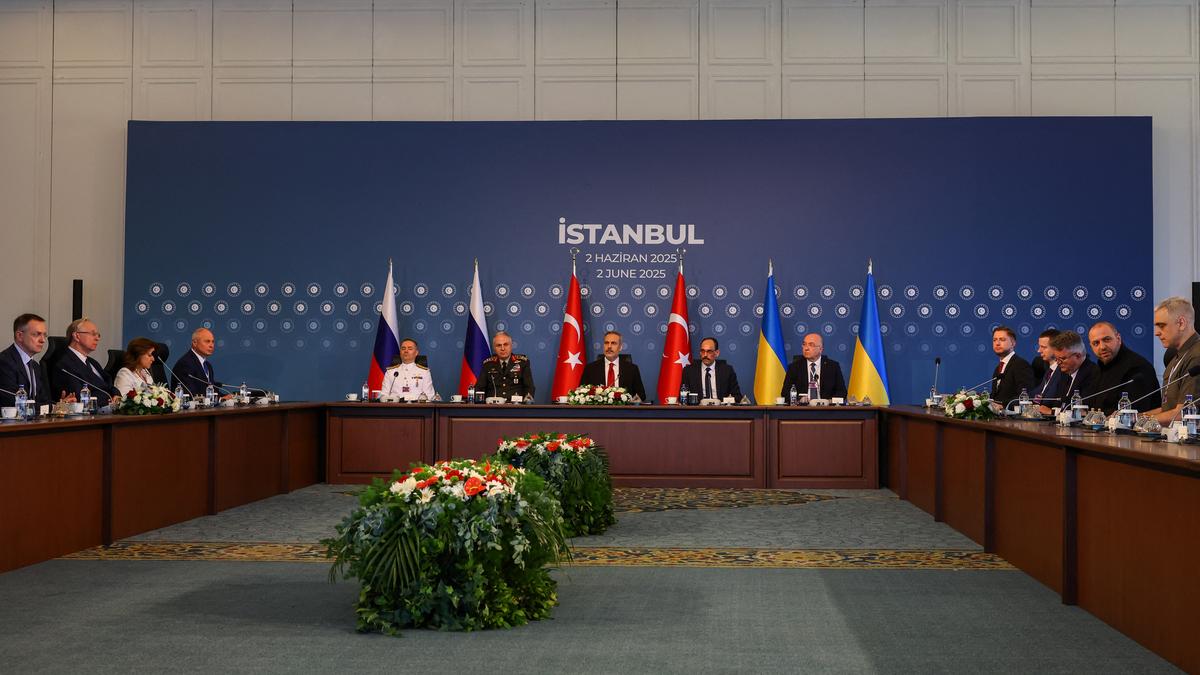Physical Address
304 North Cardinal St.
Dorchester Center, MA 02124
Physical Address
304 North Cardinal St.
Dorchester Center, MA 02124

In a significant development in international diplomacy, Ukraine and Russia resumed peace negotiations in Geneva in early June 2025, rekindling global hopes for an eventual resolution to the long-standing war that began in February 2022. This round of talks is being mediated by the United Nations and supported by the European Union, with observers from India, Turkey, and China.
The renewed dialogue follows months of stalemates and growing pressure from the international community to end the devastating conflict, which has resulted in over 500,000 deaths, the displacement of millions, and widespread economic consequences across Europe and the rest of the world.
Several factors influenced the return to negotiations:
Both Russian and Ukrainian foreign ministries have publicly stated that “de-escalation is the priority,” though analysts remain cautious.
Negotiations are centered around five key pillars:
Sources close to the Geneva summit reveal that while a full peace treaty is unlikely this month, a framework agreement may be announced by early July 2025.
The announcement of peace talks has sparked mixed reactions worldwide:
In a surprising move, India has proposed a peace corridor through its G20 Presidency framework, suggesting an international task force for humanitarian aid distribution.
As news of the peace talks broke, global markets responded positively:
If the talks yield even a temporary ceasefire, economists expect global inflation to ease slightly, especially in food and fuel sectors.
Civilians in Ukraine and Russia have shown cautious optimism.
Olena Karpova, a teacher in Kyiv, said, “We just want the bombing to stop. My children have grown up with sirens instead of lullabies.”
Ivan Petrov, a Russian war veteran, commented, “We are tired. This war has drained our souls and our savings. Let peace win.”
Meanwhile, aid workers in Mariupol and Zaporizhzhia report increased preparations for refugee return programs, pending the outcome of the talks.
While the Geneva peace talks signal a positive step, analysts warn that several geopolitical landmines remain:
Still, the world watches with hope as June 2025 becomes a pivotal month in the modern history of international diplomacy.